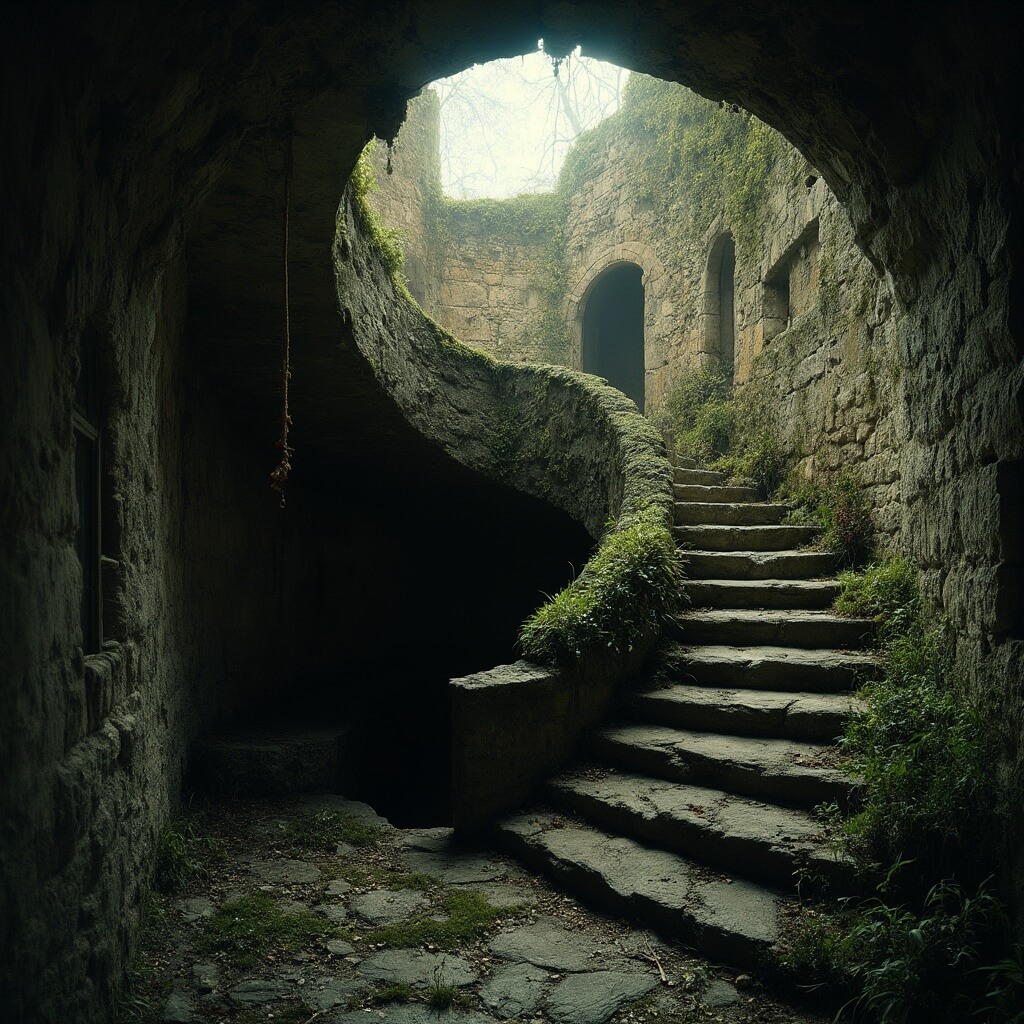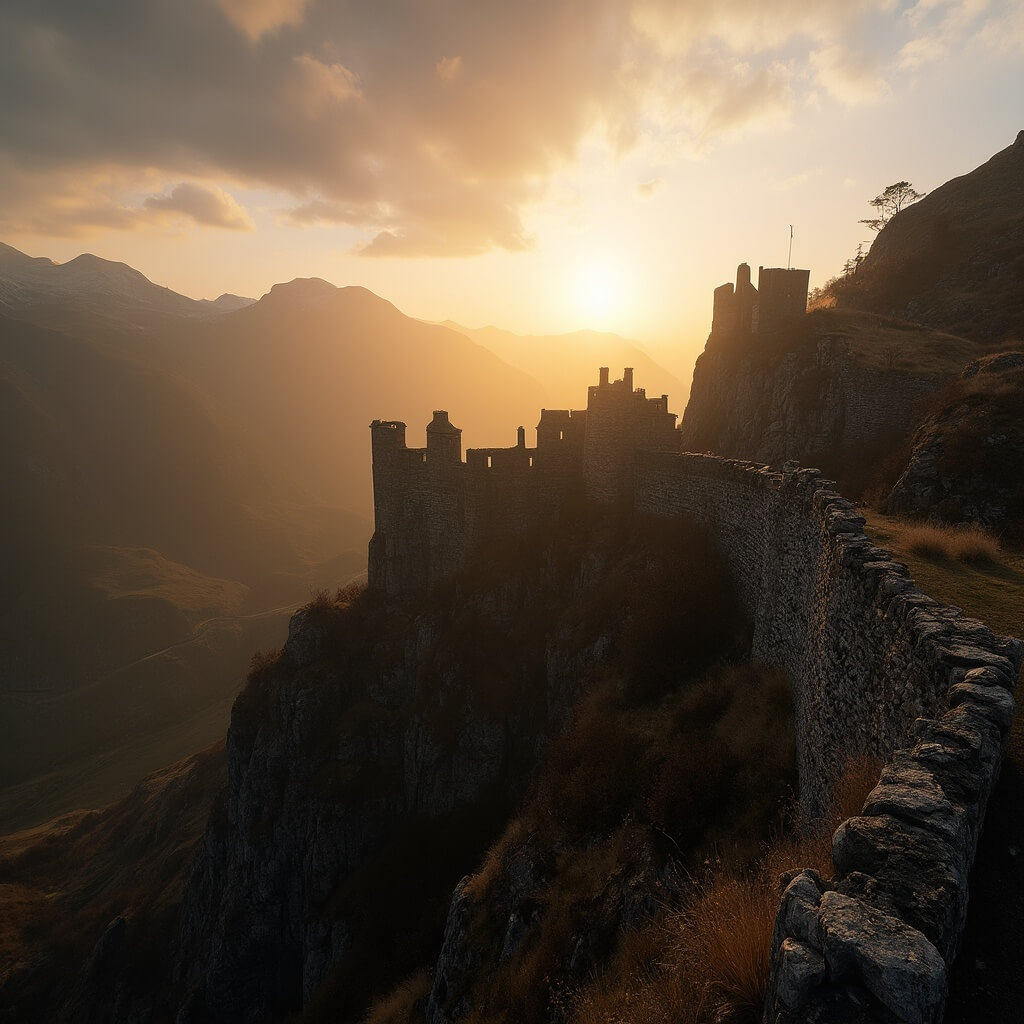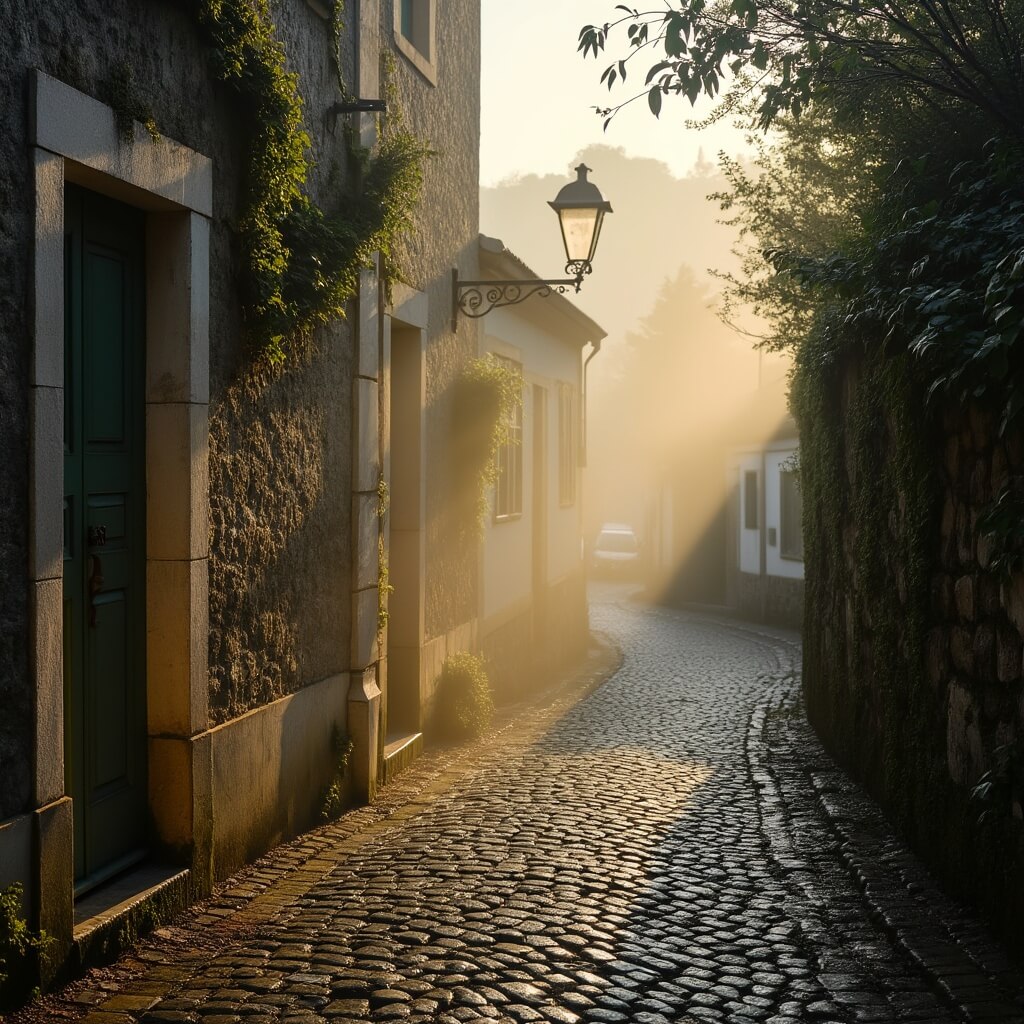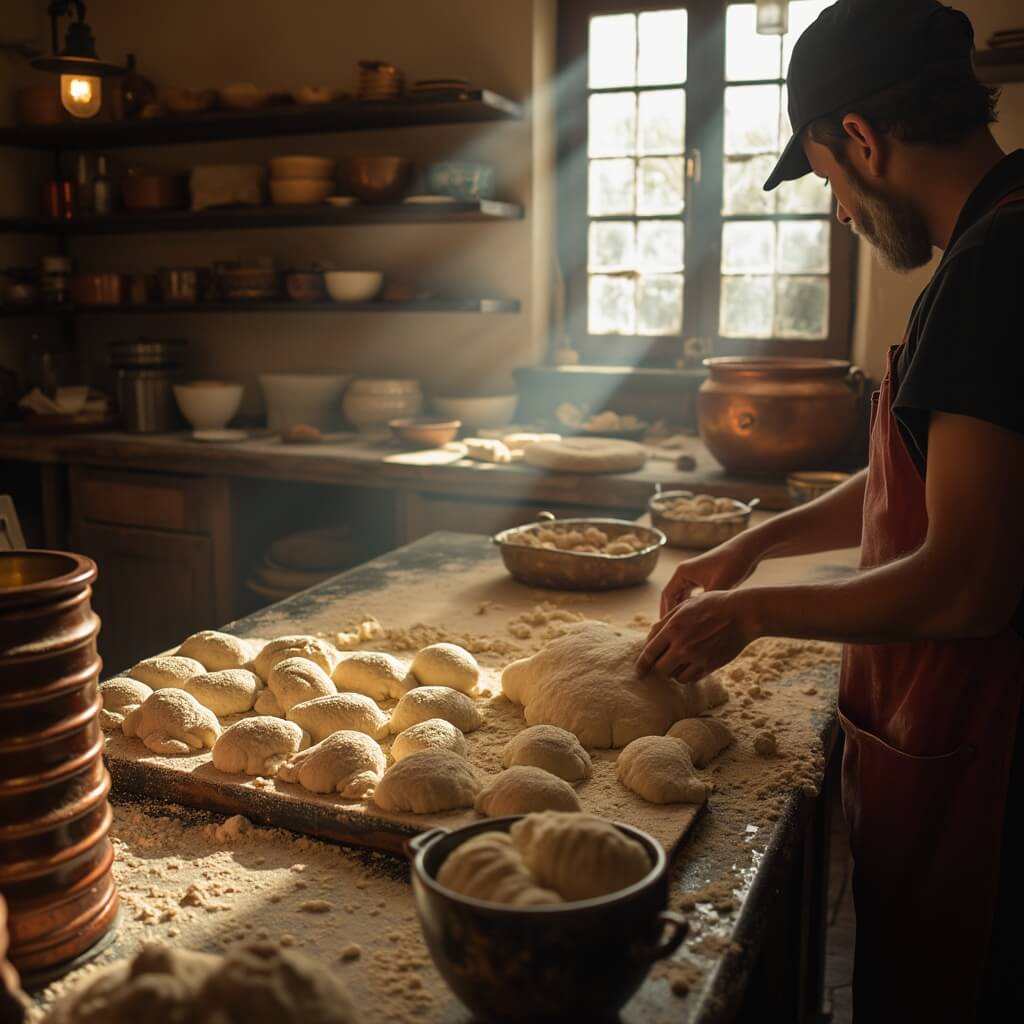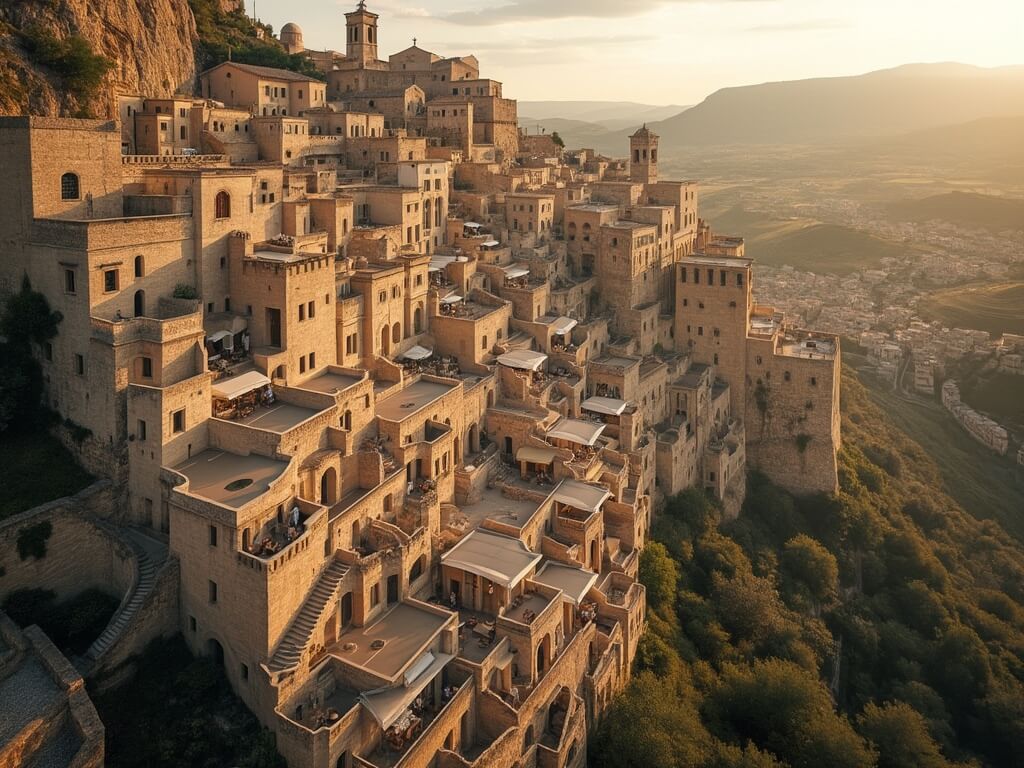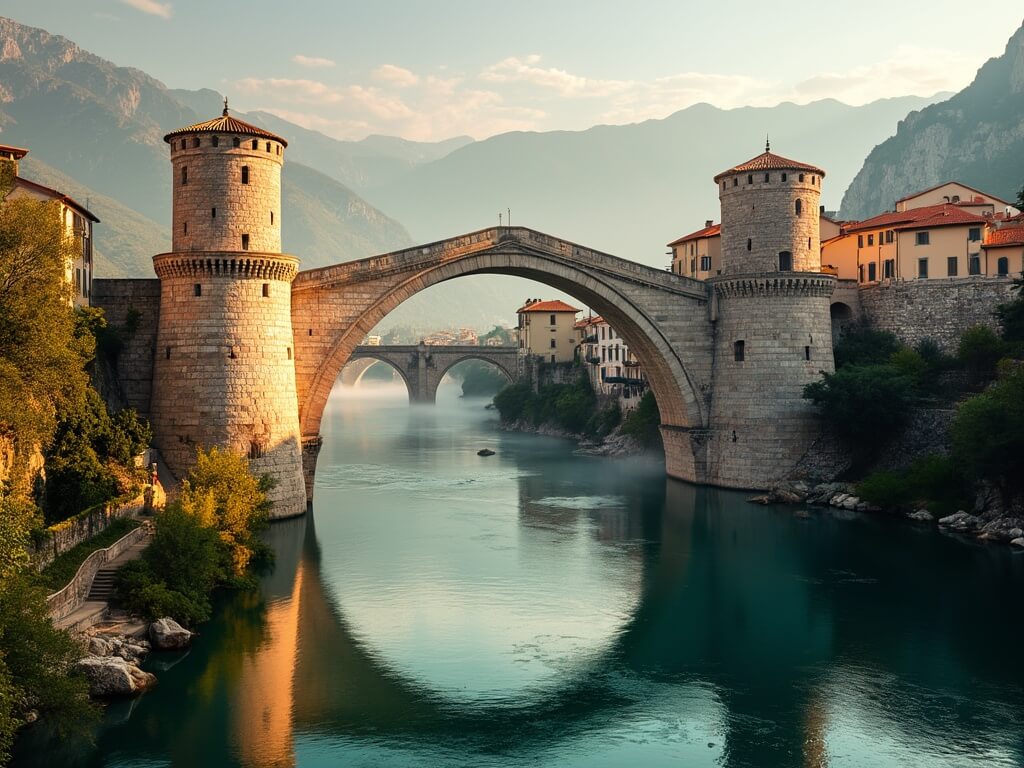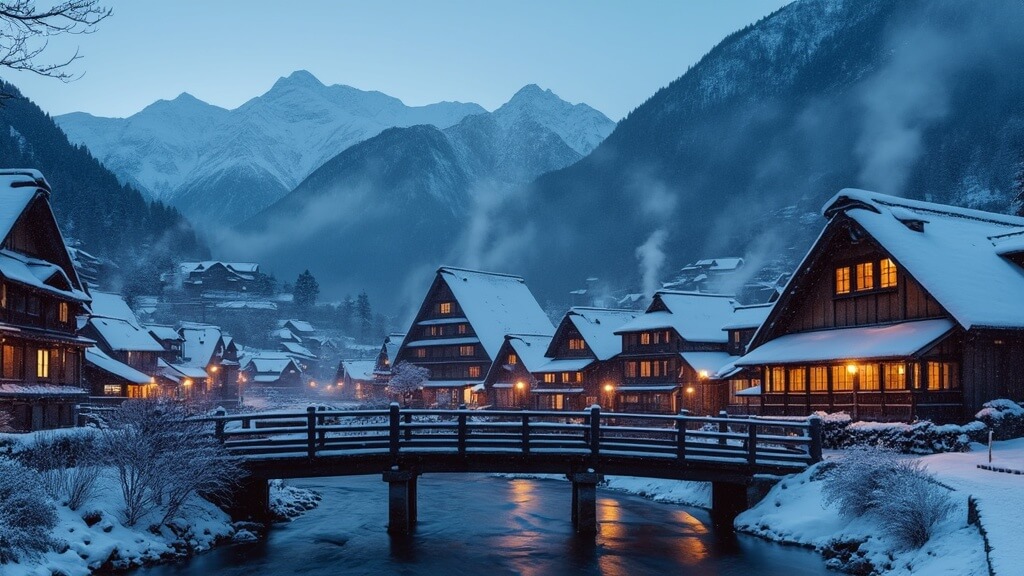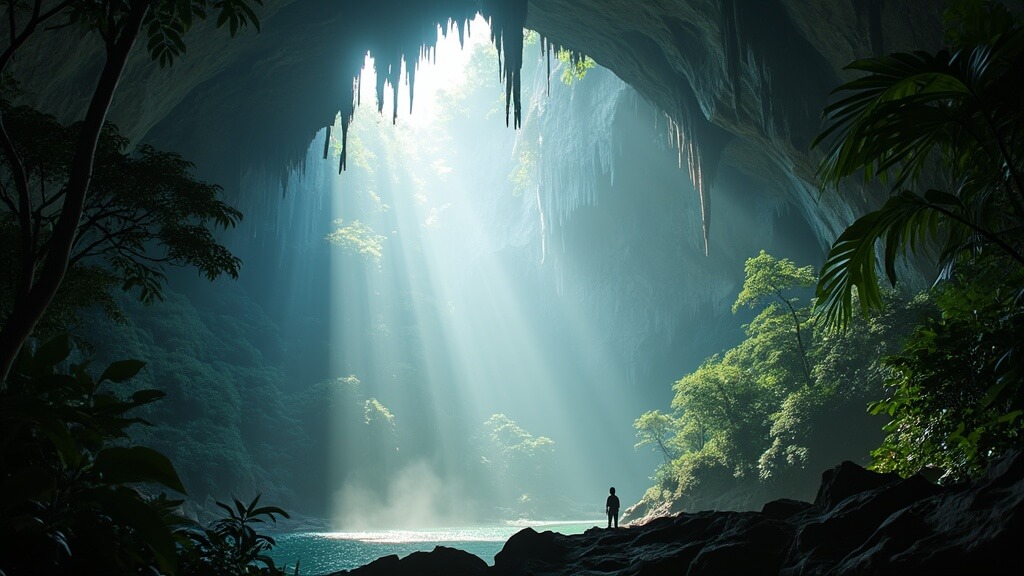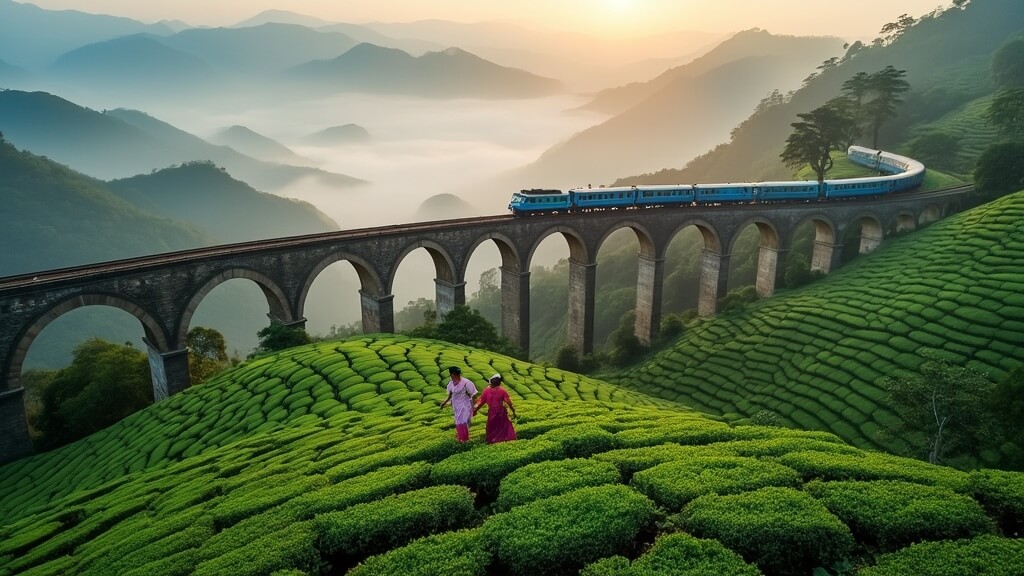Have you ever dreamed of stepping into a real-life fairytale? Welcome to Sintra, Portugal’s most enchanting secret.
Picture this: Lush emerald hills shrouded in mystical mist, vibrant palaces perched dramatically against verdant landscapes, and centuries of royal history whispering through every stone and pathway. Sintra isn’t just a destination—it’s a portal to another world.
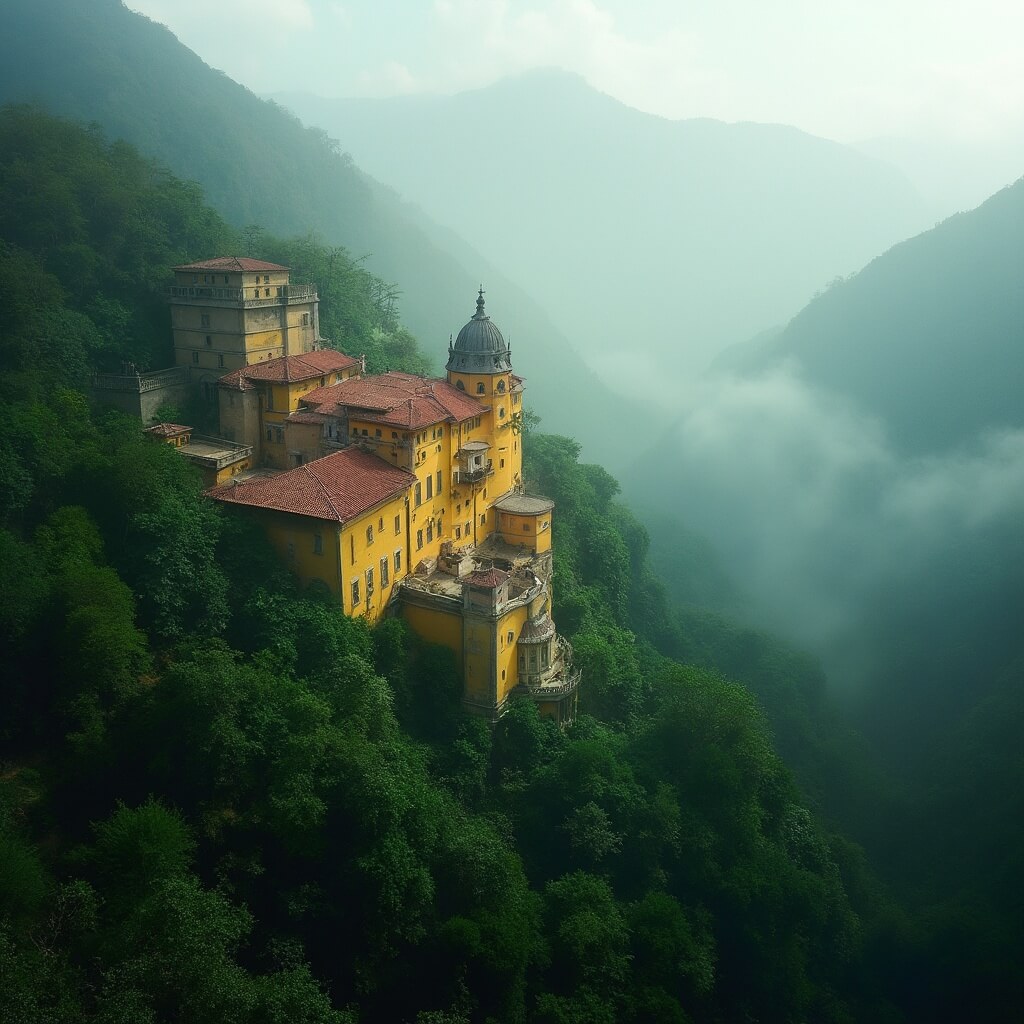
Why Sintra Will Steal Your Travel-Loving Heart
Just 30 kilometers from Lisbon, this UNESCO World Heritage Site is more than a day trip. It’s a magical realm that captured the imagination of poets like Lord Byron, who dubbed it a “glorious Eden“.
My first encounter with Sintra was nothing short of breathtaking. I remember rounding a misty mountain bend and suddenly—BAM—the candy-colored Pena Palace erupted into view, looking like something a Disney artist might have dreamed up after too much espresso.
A Royal Playground Carved into Living Landscapes
Sintra wasn’t just a random location. For centuries, Portuguese nobility transformed these hills into their private playground. From the Middle Ages through the 19th century, they built estates that didn’t just sit on the landscape—they danced with it.
Key Royal Highlights:
- Palaces that blend architecture with natural terrain
- Exotic botanical collections from around the globe
- Microclimates nurturing semi-tropical forests
- Architectural styles ranging from Moorish to Romantic
Palaces That Will Make Your Instagram Followers Jealous
Let’s talk showstoppers. Pena Palace isn’t just a building—it’s a fever dream of color and architectural whimsy.
Built on 16th-century monastery ruins, this palace screams “look at me” with its vibrant yellows, reds, and blues. King Ferdinand II, aka the “artist-king”, transformed a simple monastery into a Romantic masterpiece that now ranks as one of Portugal’s Seven Wonders.
Pro tip: The palace’s gardens are a botanical treasure trove. We’re talking tree species from every continent, hidden trails, and views that’ll make your heart skip a beat.
The Secret Spots Most Tourists Miss
While everyone floods Pena Palace, true travel mavens know Sintra’s magic lies in its hidden gems:
- Quinta da Regaleira: A property dripping with Knights Templar symbolism and mysterious initiation wells
- Monserrate Palace: Where Gothic, Moorish, and Indian influences collide in architectural harmony
- Castle of the Moors: An 8th-century fortress offering panoramic views that’ll make your jaw drop
Practical Magic: Navigating Sintra Like a Pro
Getting around isn’t rocket science, but smart planning helps:
- Arrive early (seriously, beat those tour buses)
- Consider combination tickets
- Wear comfortable walking shoes
- Budget €6-€14 per attraction
The Landscape: Nature’s Most Incredible Canvas
Sintra’s landscape isn’t just a backdrop—it’s the star. Misty hills, dense forests, and a microclimate that feels like nature’s own air conditioning create an environment so unique, it feels almost supernatural.
The hills don’t just frame the palaces; they embrace them, creating a symbiotic relationship between human creativity and natural wonder.
As the morning mist begins to lift, revealing architectural treasures nestled among ancient trees, you’ll understand why Sintra isn’t just a destination—it’s an experience that rewrites your understanding of travel.
For more romantic architecture inspiration, check out our feature on the luxury dining room and wander through an enchanted cottage garden at sunset.
Beyond the Palaces: Sintra’s Living Culture
Most travelers see Sintra’s palaces and think they’ve experienced everything. Big mistake.
The town itself is a living museum, where local culture bubbles beneath the tourist veneer. Walking Sintra’s narrow cobblestone streets, I discovered something magical beyond the grand estates: a vibrant community keeping centuries-old traditions alive.
Take the local pastries, for instance. Queijadas—those delicate cheese pastries—aren’t just a snack. They’re edible history, recipe passed down through generations, each bite telling a story of Portuguese culinary heritage.
The Tourism Tightrope: Preserving Paradise
Sintra faces a modern challenge: how to welcome global travelers without destroying its delicate ecosystem and historical integrity.
UNESCO doesn’t just hand out World Heritage designations like participation trophies. Sintra earned its status through meticulous preservation and thoughtful tourism management.
Key Conservation Strategies:
- Strict visitor limits at sensitive sites
- Guided ecological restoration projects
- Educational programs about sustainable tourism
- Technological innovations tracking environmental impact
Hidden Experiences Most Tourists Miss
Want to experience Sintra like a local? Here’s the insider playbook:
- Visit during shoulder seasons (April-May or September-October)
- Take lesser-known hiking trails connecting palaces
- Attend local cultural festivals
- Explore artisan workshops in town center
- Chat with multi-generational local families
For a deeper dive into Sintra’s must-see spots, check out the Complete Guide to Sintra’s Enchanting Palaces and Gardens or explore the 5 Must-Visit Fairytale Castles in Sintra’s Historic Center.
The Economic and Cultural Ecosystem
Sintra isn’t just a pretty backdrop. It’s a complex economic organism where tourism, preservation, and local community intersect.
Each palace visit, each guided tour, each locally purchased souvenir contributes to maintaining this extraordinary landscape. Tourists aren’t just consumers here—they’re active participants in an ongoing cultural preservation narrative.
Future-Proofing a Fairytale Destination
What keeps Sintra magical isn’t just its past—it’s its adaptive spirit.
Digital technologies now complement traditional experiences. Virtual tours, augmented reality historical reconstructions, and smart ticketing systems ensure accessibility without compromising authenticity.
Emerging trends suggest Sintra is positioning itself as a model for sustainable cultural tourism. Not just preserving history, but actively reimagining how historical destinations can thrive in the 21st century.
Your Sintra Survival Guide: Pro Tips
Budget Expectations:
- Daily expenses: €50-€100
- Palace entries: €6-€14 per site
- Guided tours: €20-€50
Essential Packing:
- Comfortable walking shoes
- Light rain jacket
- Camera with wide-angle lens
- Portable battery pack
- Refillable water bottle
When to Go: Timing is Everything
Peak Season (June-August):
- Highest crowds
- Maximum temperatures
- Most expensive accommodations
Shoulder Seasons (April-May, September-October):
- Mild temperatures
- Fewer tourists
- Lower prices
- Best photography conditions
The Philosophical Finale: Why Sintra Matters
Beyond stunning photographs and Instagram moments, Sintra represents something profound: a harmonious dialogue between human creativity and natural beauty.
Each palace, each garden, each misty trail tells a story of human imagination transforming landscape. We’re not just visitors here—we’re witnesses to an ongoing conversation between architecture, nature, and cultural memory.
Your Next Move
Sintra isn’t just a destination. It’s an invitation—to explore, to wonder, to reconnect with a world where magic feels tangibly real.
Will you answer the call?
Your fairytale in Sintra, Portugal awaits.
For more dreamy design and European-inspired architecture, consider exploring some related content:

